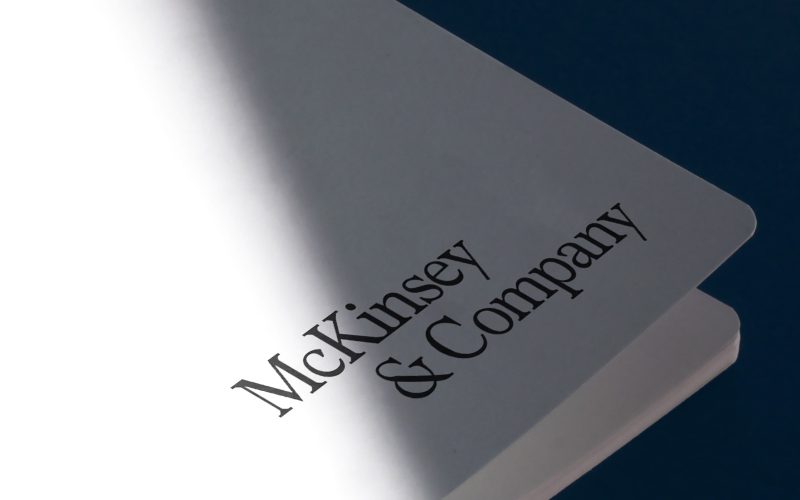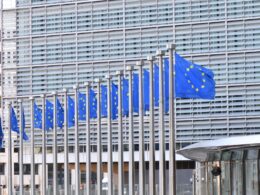McKinsey & Co will pay $650 million to resolve criminal charges related to advice it provided Purdue Pharma on boosting sales of the addictive painkiller OxyContin, the US Department of Justice announced. The settlement includes a five-year deferred prosecution agreement filed in federal court in Abingdon, Virginia, marking a pivotal moment in corporate accountability tied to the opioid epidemic.
The agreement stems from McKinsey’s role in developing a 2013 strategy to “turbocharge” OxyContin sales, targeting high-prescribing medical professionals, including one involved in illegitimate opioid prescriptions, prosecutors said. The consultancy’s recommendations led to medically unnecessary and unsafe prescriptions, exacerbating the opioid crisis, according to US Attorney Christopher Kavanaugh of the Western District of Virginia.
This is the first time a management consulting firm has faced criminal charges for advisory services that contributed to a client’s criminal conduct. US Attorney Joshua Levy of Massachusetts emphasised the significance of the prosecution, warning other consulting firms of accountability. In a press conference in Boston he said, “We will cut through the slick PowerPoints and consultant speak and hold you accountable for your conduct if you engage in criminal violations.”
A former senior McKinsey partner, Martin Elling, has agreed to plead guilty to obstructing justice for destroying records tied to McKinsey’s work for Purdue. Elling is scheduled to enter his plea on January 10 and faces up to one year in prison.
The charges against McKinsey include conspiring to misbrand a drug and obstruction of justice. If the firm adheres to the deferred prosecution agreement’s terms over five years, the charges will be dismissed. McKinsey will also resolve civil claims under the False Claims Act as part of the settlement.
The case follows Purdue Pharma’s 2020 guilty plea over its handling of prescription painkillers, including defrauding officials and paying illegal kickbacks. Purdue is currently undergoing court-ordered mediation to rework a multibillion-dollar civil settlement with states and other entities. The company has stated that it intends to use settlement funds for opioid abatement and victim compensation.
McKinsey, in a statement, expressed regret saying, “We should have appreciated the harm opioids were causing in our society and should not have undertaken sales and marketing work for Purdue Pharma.” The firm ceased advising on opioid-related business in 2019 and previously agreed to settlements totalling nearly $1 billion over similar lawsuits.
Prosecutors linked McKinsey’s strategy to Purdue’s approval of a reformulated, abuse-deterrent version of OxyContin in 2010, which led to a sales slump and the firm’s controversial 2013 recommendations.
Separately, former McKinsey partner Arnab Ghatak, who has filed a lawsuit against the firm alleging improper termination, reiterated his denial of wrongdoing. McKinsey maintains that his dismissal was justified due to serious professional violations.
“I feel vindicated. As I have always said, I never engaged in improper deletion and McKinsey behaved unconscionably in scapegoating me and defaming me repeatedly,” Ghatak said.
The opioid epidemic has claimed nearly 727,000 lives in the U.S. from 1999 to 2022, according to the CDC. This case adds to the extensive litigation and investigations aimed at holding corporations accountable for their role in fuelling the crisis. Prosecutors believe this settlement concludes McKinsey’s legal entanglements but remain open to additional evidence.






















